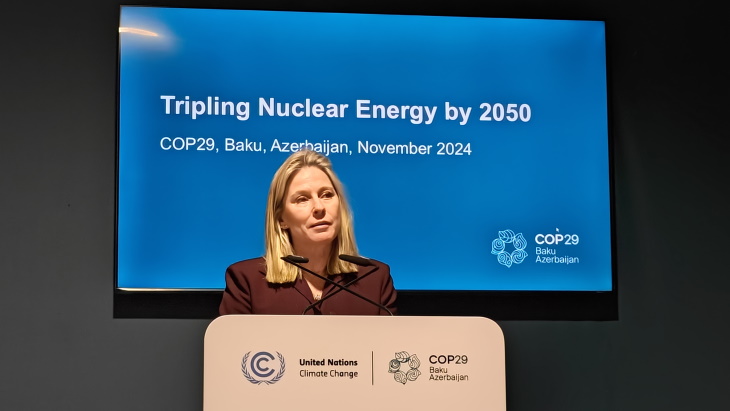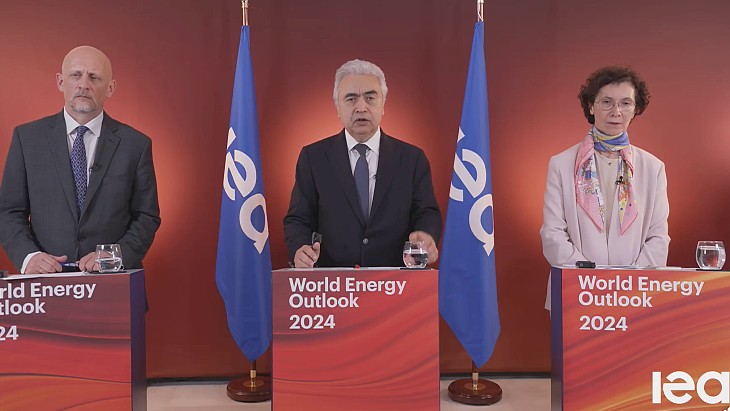Report reinforces nuclear's role in EU low-carbon energy system
.jpg)
In 2018, Foratom commissioned a report from consulting firm Compass Lexecon in order to assess the role that nuclear could play in the long-term and deep-decarbonisation scenarios. The study - titled Pathways to 2050: Role of nuclear in a low-carbon Europe - concluded that, in the short to medium-term, the continued operation of Europe's existing nuclear power plant fleet will help it meet emission targets and would "avoid the temporary increase of the emissions that could risk locking in fossil fuel investments". In the longer term, nuclear energy can support variable renewable sources by "providing proven, carbon-free dependable power and flexibility to the system and reducing the system's reliance on yet unproven storage technologies".
Foratom considered it necessary to request an updated version, mainly as a result of two major changes: the result of the UK leaving the European Union; and the EU's updated decarbonisation targets for both 2030 and 2050. Compass Lexecon presented an updated analysis in January this year.
Foratom has now released an analysis of the updated report. It said the aim of the analysis was to: review the Compass Lexecon conclusions relating to the different topics identified; compare the Compass Lexecon scenarios and conclusions with the EC Impact Assessment; and compare the Compass Lexecon sustainability conclusions with the Joint Research Centre's technical assessment of nuclear energy with respect to the 'do no significant harm' criterion of the EU's sustainable finance taxonomy and enhance some of the results using Foratom findings on sustainability issues.
Foratom says the early closure of nuclear would lead to increased CO2 emissions by 2025, thus hampering the increased 2030 climate mitigation ambition. It would also require new thermal capacities in order to ensure security of supply, triggering an increase in air pollutants. In addition, new solar and wind capacities would be required in order to meet environmental objectives.
"According to the report, not only would the early closure of nuclear power plants trigger an increase in consumer costs, it will also result in negative environmental impacts," noted Foratom Director General Yves Desbazeille. "These include an increase in CO2 emissions and other air pollutants, higher raw material usage and greater land use impacts."
Based on the assessment, Foratom has identified the following policy recommendations: recognition of the fact that nuclear energy is an affordable solution which will help the EU to achieve its climate ambitions and ensure security of supply; avoid the early closure of nuclear power plants as this risks derailing long-term decarbonisation goals; subject all low-carbon technologies to the same robust and scientific assessment to ensure a sustainable transition; develop a market design which supports all low-carbon technologies; and recognise the contribution of nuclear to a sustainable hydrogen economy.

_99697.jpg)








_50521.jpg)

